Reviewed January 2025
Erev Pesach (after the time of Biur Chometz)
If you find chometz on Erev Pesach after the latest time for biur chometz:
If you sold your chometz earlier that morning: You should move the chometz that you found to the place that you are storing the chometz that you sold.
If you did not sell your chometz earlier that morning: You should burn it.
First Day of Pesach
If you find chometz on the first day of Pesach: You should cover it with a utensil.
See below for further instructions for the subsequent days of Pesach.
Second Day of Pesach
If you find chometz on the second day of Pesach, or if you found chometz on the first day of Pesach and had covered it:
If you sold your chometz before Pesach, or you said ‘Kol Chamira’ before Pesach, or the chometz that you found was less than a kezayis: You should cover it with a utensil […]


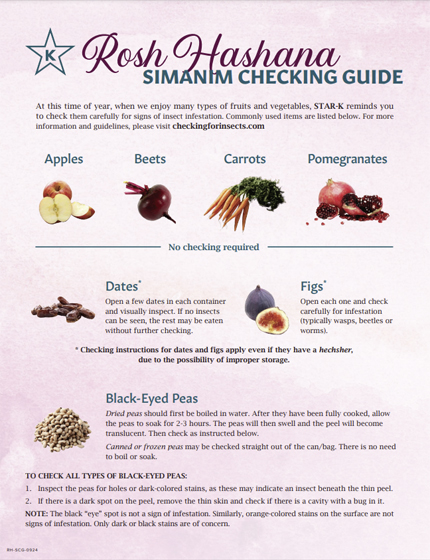
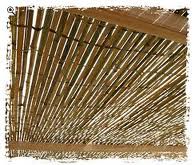

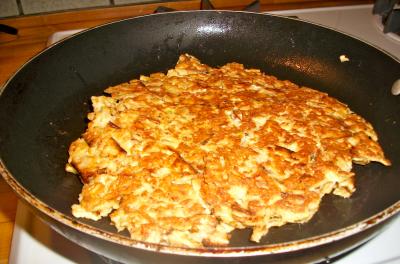
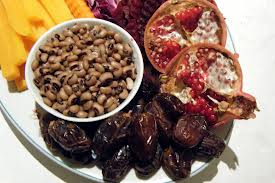

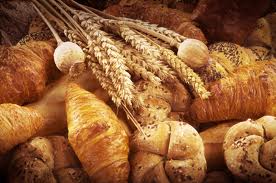



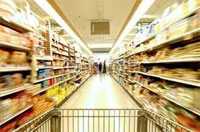
 STAR-D
STAR-D STAR-S
STAR-S